Blog
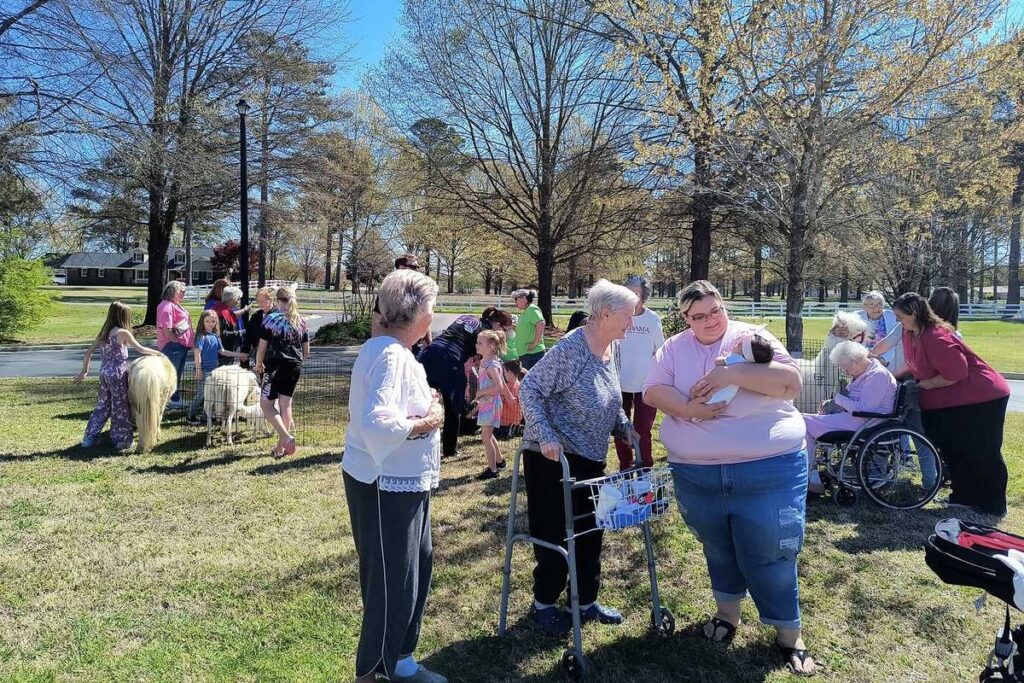
Bridgewood Gardens Hosts Memorable Springfest
Bridgewood Gardens, an assisted living community in Albertville, recently hosted an unforgettable Springfest party, which brought together residents, their families, and their friends. The event ...
April 23, 2024
Read More →
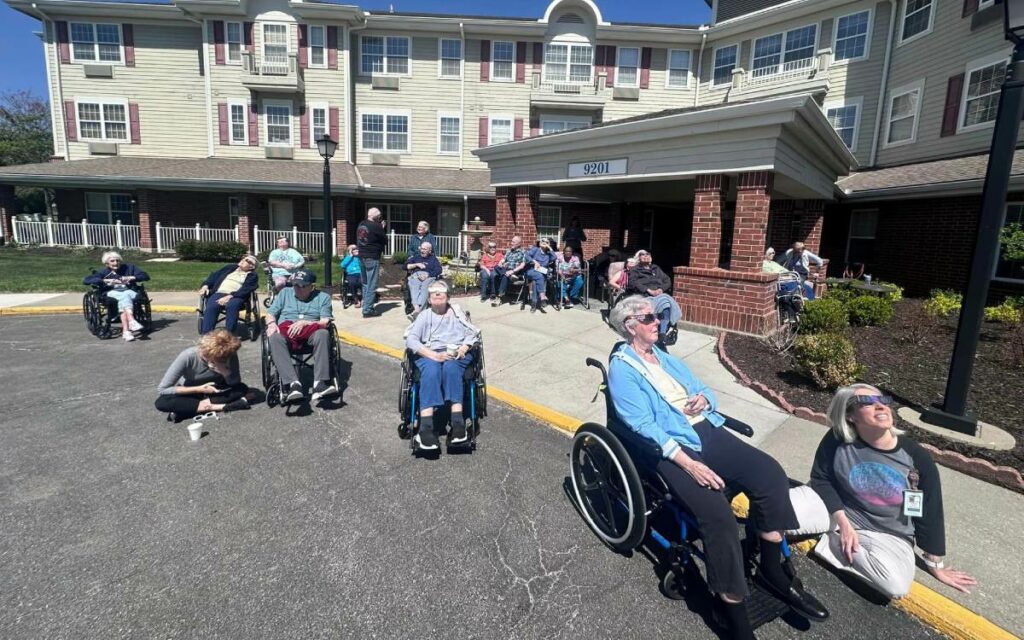
Overland Park Attractions and Luxury Senior Assisted Living
Overland Park, Kansas, is a great city for seniors and their families. It’s full of life, with many green spaces and friendly people. Plus, it ...
April 19, 2024
Read More →
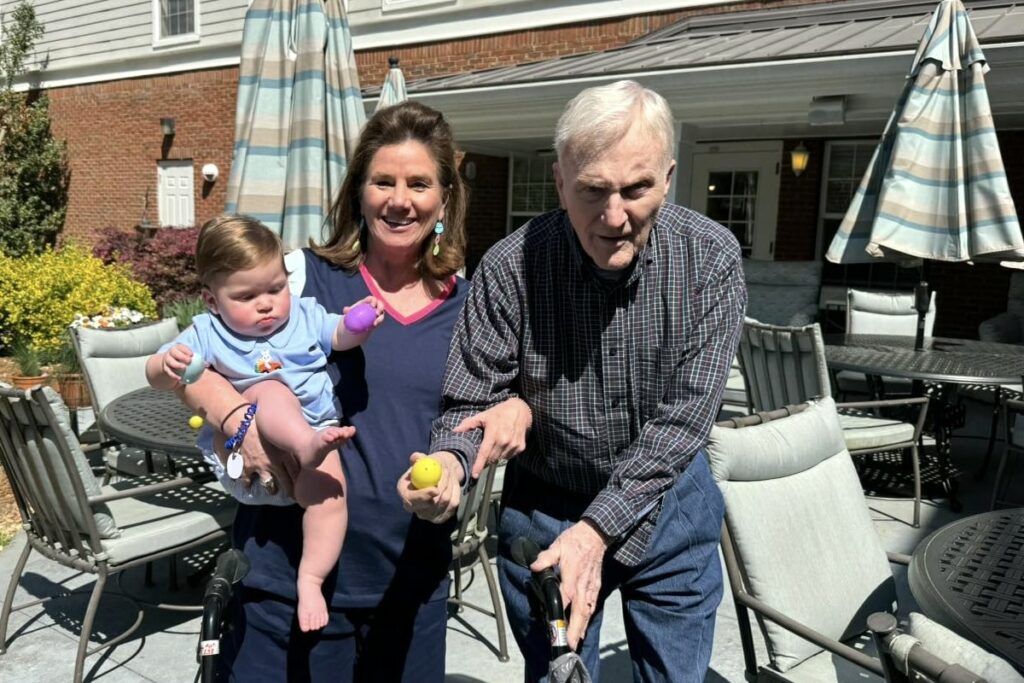
Closeness Counts: Roswell Senior Living by Alpharetta, GA
The location of a senior living community directly impacts residents’ quality of life and accessibility to amenities and services. A prime location ensures proximity to ...
April 19, 2024
Read More →
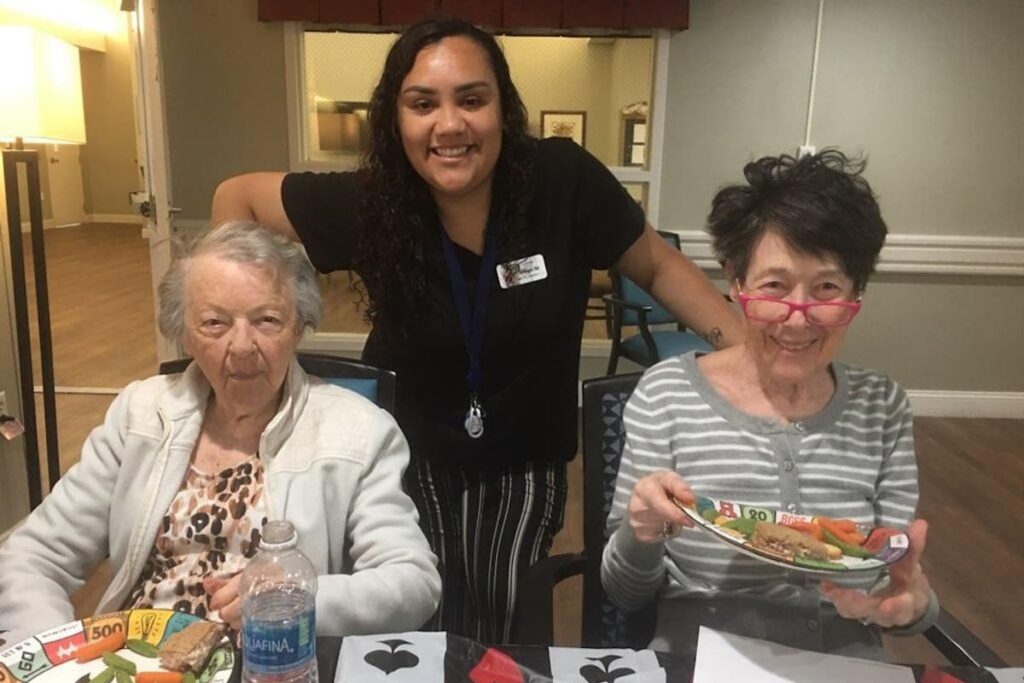
Understanding Dementia Behaviors: A Guide for Caregivers
Caring for a loved one with memory loss can be challenging for many reasons. For example, people with dementia often show behaviors that are hard ...
April 19, 2024
Read More →
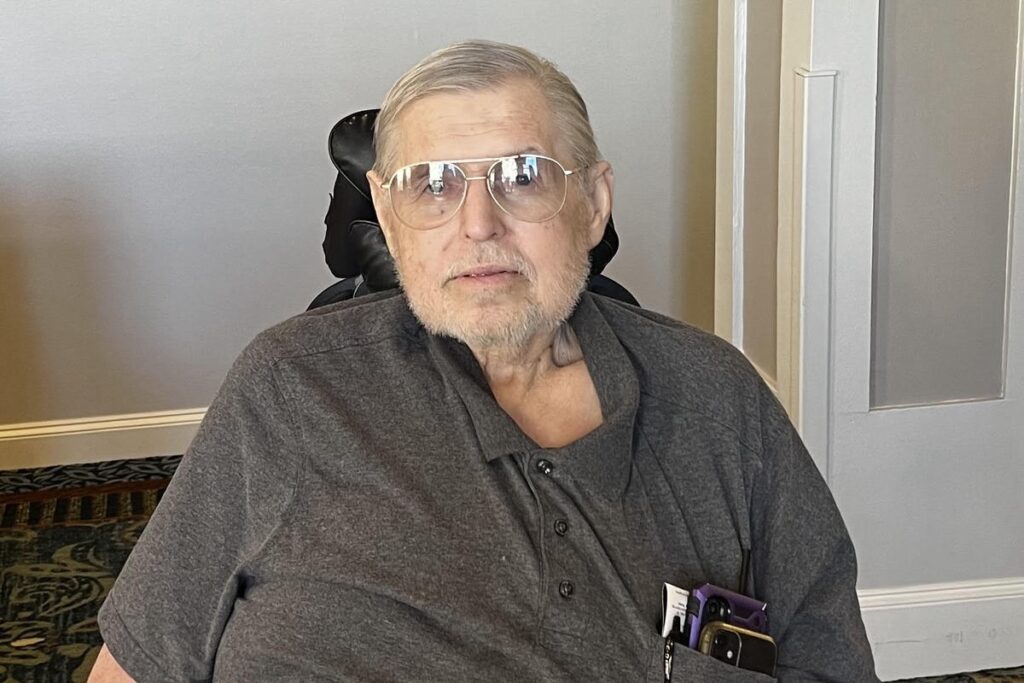
David: A Pillar of Community at Ridgmar Place and Beyond
In the heart of Fort Worth, Texas, stands Ridgmar Place, an independent living community for seniors. David, a resident there, shares his life journey marked ...
April 15, 2024
Read More →
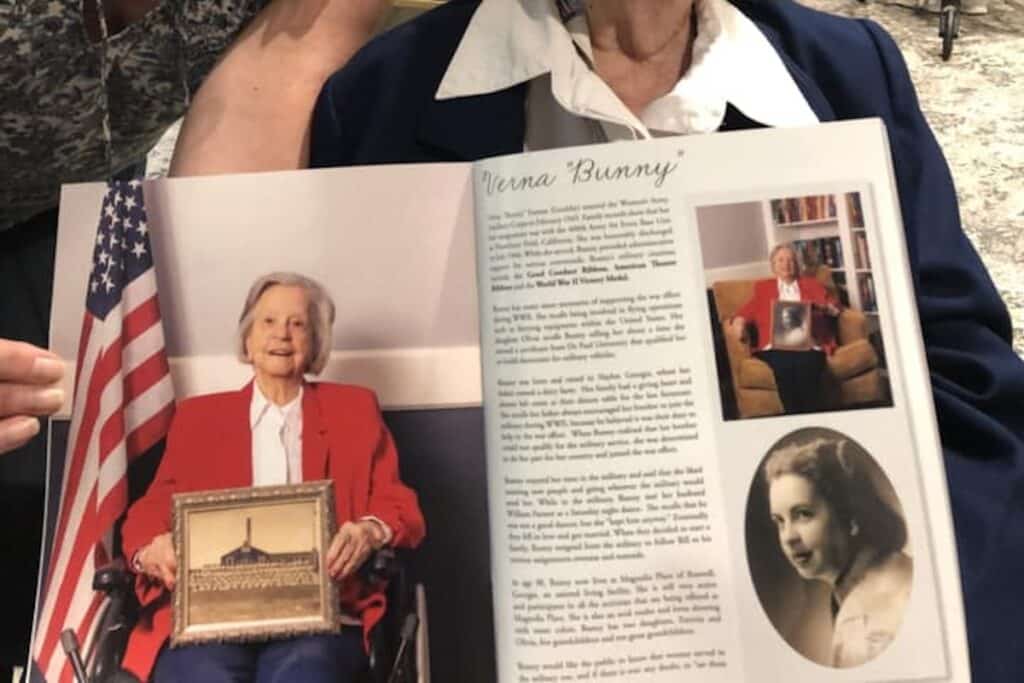
Pegasus Senior Living Celebrated Women’s History Month by Honoring WWII Veteran Resident
In honor of Women’s History Month, Pegasus Senior Living—a leading provider of senior living communities across the United States—was proud to celebrate the remarkable life ...
April 15, 2024
Read More →
